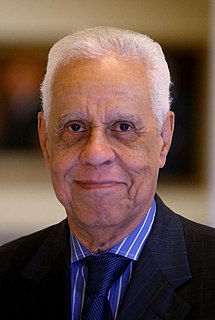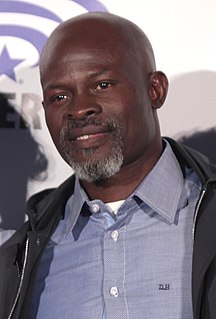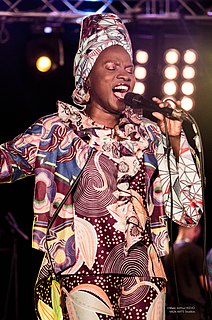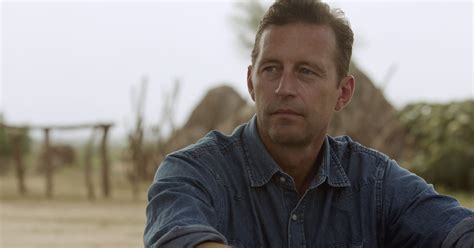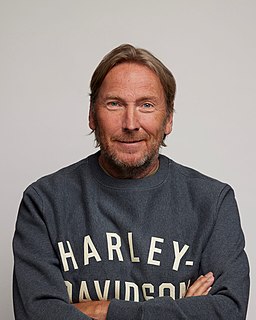A Quote by Douglas Wilder
Africa is not a country, but it is a continent like none other. It has that which is elegantly vast or awfully little.
Related Quotes
You can fit two United States and maybe a third one into the entire continent of Africa, but on a map we make the entire continent of Africa look like the size of the United States, which is why a lot of people don't know that Africa is a continent. They think it's a country because it looks as big as we do.
For centuries, Europeans dominated the African continent. The white man arrogated to himself the right to rule and to be obeyed by the non-white; his mission, he claimed, was to "civilize" Africa. Under this cloak, the Europeans robbed the continent of vast riches and inflicted unimaginable suffering on the African people.
And now South Africa has finally woken up and it is doing great things. And if South Africa becomes the template to what AIDS is in the sub-Saharan continent, then all the other countries are going to follow suit. And Michel Sidibe, who spoke at the breakfast meeting this morning, was saying that there is so much hope for Africa now that South Africa has got its house in order.
The dignity of everyday life - the beauty of it, the attitude of it - is what I live around. And it is never on screen, and it is certainly never associated with Africa. If we see Africa at all, it is always used as a backdrop: a big blob of a continent rather than a specific street or a country or a place.
Sudan has been an experiment that resonated across Africa: if we, the largest country on the continent, reaching from the Sahara to the Congo, bridging religions, cultures and a multitude of ethnicities, were able to construct a prosperous and peaceful state from our diverse citizenry, so too could the rest of Africa.
Why did Africa let Europe cart away millions of Africa's souls from the continent to the four corners of the wind? How could Europe lord it over a continent ten times its size? Why does needy Africa continue to let its wealth meet the needs of those outside its borders and then follow behind with hands outstretched for a loan of the very wealth it let go? How did we arrive at this, that the best leader is the one that knows how to beg for a share of what he has already given away at the price of a broken tool? Where is the future of Africa?
